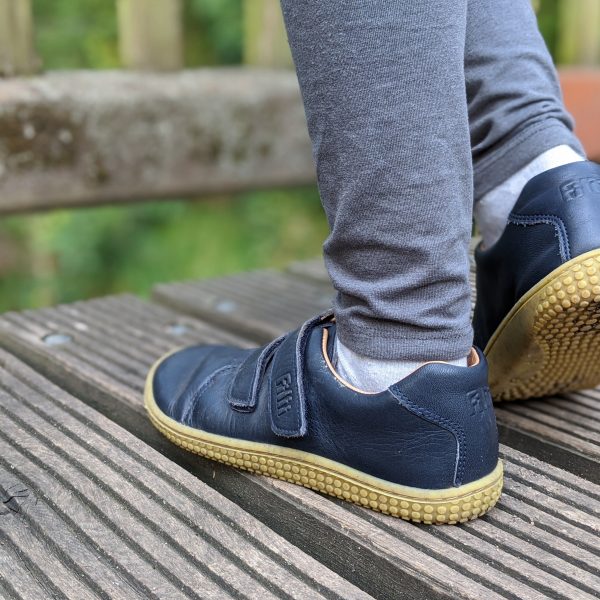Adverse childhood experiences show up later in life as chronic pain, researchers find

The chronic pain that burdens many Australians is a costly public health issue, researchers from Monash University have said, noting that there are differences both in gender and type of adverse childhood experience (ACE) in the expression of specific biomarkers linked to chronic pain.
Their findings add to the pool of evidence showing that ACEs – early life stressors such as maternal separation, medical trauma, physical and emotional abuse, neglect, caregiver mental illness and family violence – can contribute to long term health and wellbeing outcomes throughout the lifespan, as well as altering the neural pathways.
When coupled with a high-fat, high-sugar diet, adults who had lived through ACEs showed higher pain sensitivity, increased anxiety-like behaviour and changes in the neurobiology (structural and functional level) of the brain.
Chronic pain often occurs during childhood, with one in five children or adolescents having reported it, and it being more prevalent in females than males, researchers said.
The presence of chronic pain in childhood and adolescence increases the risk of chronic pain and poor health outcomes including mental health disorders in adulthood. In addition, children and adolescents of parents who have chronic pain, have an increased risk of developing chronic pain.
The intergenerational relationship between trauma and adverse childhood experiences in parents and chronic pain experienced in children is not well understood, in particular the neurobiological mechanisms which contribute to the relationship.
Genetic factors are also an important factor in examining the origins of chronic pain, with research noting an important genetic factor which may be influencing the transmission of chronic pain, known as epigenetics, which is persistent change in the expression of genes that do not affect the primary DNA sequence but alter the cellular activity and functional outcomes.
In this latest research an examination of the relationship and mechanisms between adverse childhood experiences, gene expression (through specific biomarkers), chronic pain and negatively associated symptoms similar to PTSD in a group of children and parents was explored.
Saliva samples were used to look at specific biomarkers with an established link to chronic pain or adverse childhood experiences, uncovering gender specific differences in the expression of all of the biomarkers investigated.
Further analysis resulted in distinct, significant gender differences with overall parental adverse experiences – and specifically maltreatment – being negatively correlated with child gene expression of dopamine receptor D2 in female children.
In addition, overall parental adverse childhood experiences – and specifically household dysfunction – were altered for gene expression of COMT in the parents of male children, demonstrating that the risk of poor outcomes in female and male offspring through parental adverse childhood experiences may be transmitted through different biological pathways.
To review the findings in full, please see here.
Popular

Workforce
Quality
Practice
Provider
Research
How one teacher is using Little J & Big Cuz to build empathy, understanding and confidence in First Nations learning
2025-12-08 07:15:19
by Fiona Alston

Policy
Practice
Quality
Research
A new path forward: Australia’s First Nations Education Policy emerges to reshape learning for First Nations children
2025-12-08 08:00:28
by Fiona Alston

Workforce
Policy
Research
Practice
Provider
Quality
Child safeguarding failures in Queensland: Key findings and reform directions from the 2025 systemic review
2025-12-09 07:00:56
by Fiona Alston
















